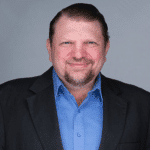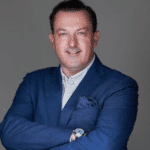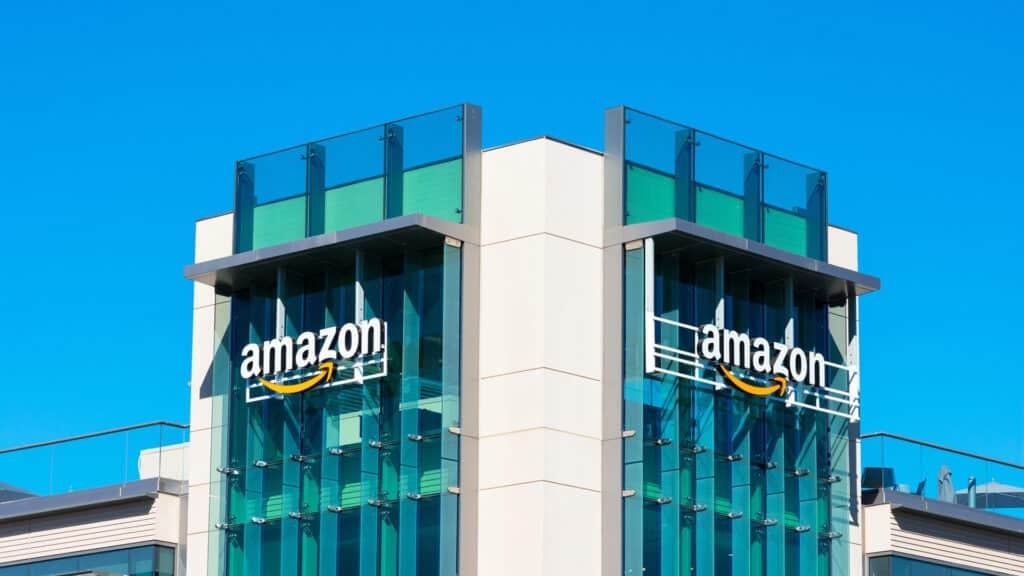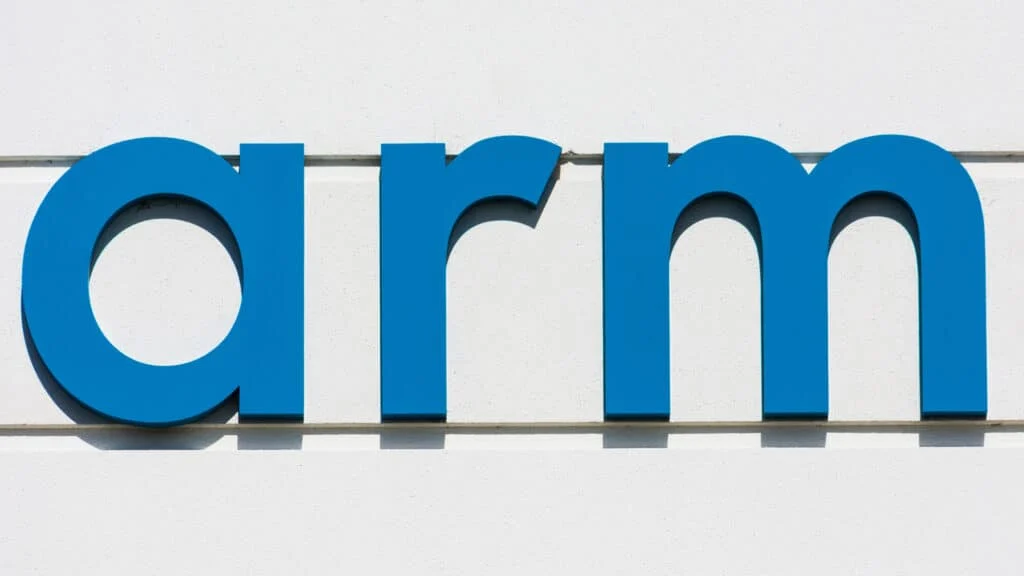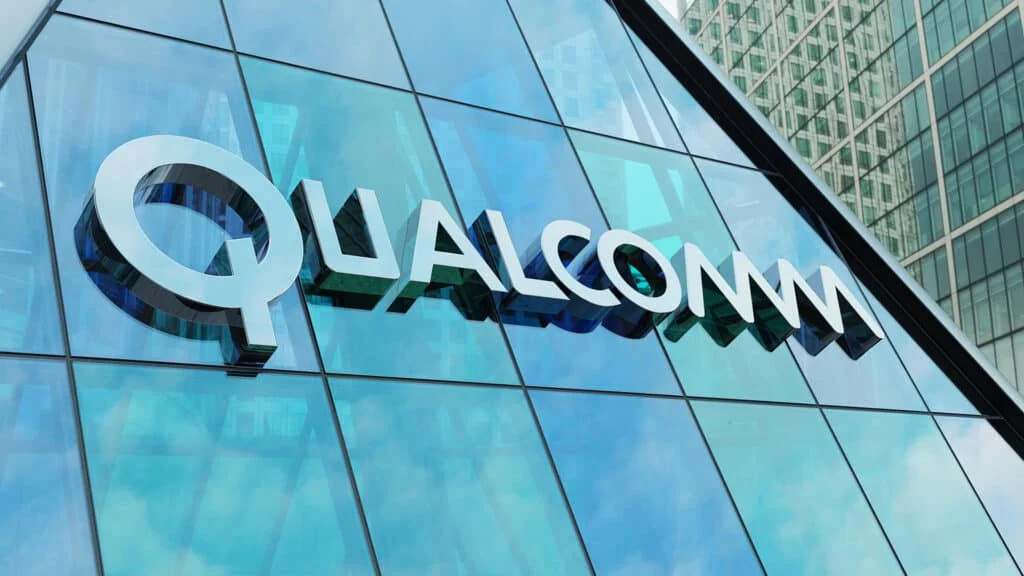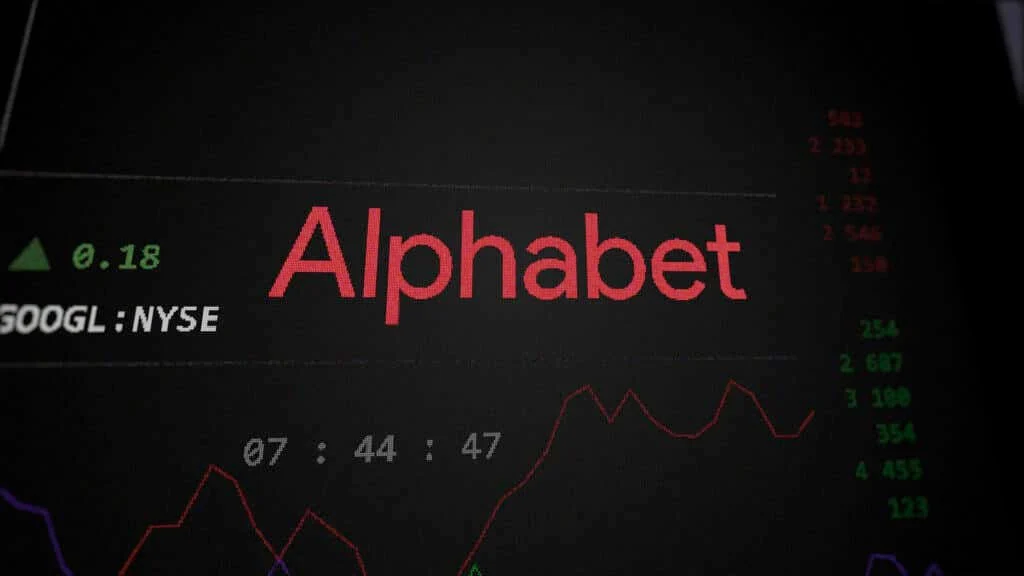In this vignette of The 5G Factor, Ron Westfall and Steven Dickens explore they find that Vodafone, Orange, T-Mobile, and Telefonica are excelling at advancing the 5G sustainability cause in key areas such as carbon emissions reduction, inclusive economic development, and using renewable sources.
The discussion focused on:
Top CSPs in Advancing 5G Sustainability. We examine why we find that Vodafone, Orange, T-Mobile, and Telefonica are excelling at advancing the 5G sustainability cause. For example, since 2020 Vodafone estimates saving customers 22.7 million tons of carbon emissions with its IoT service offer, including logistics & fleet management and smart metering that has proven central in delivering these savings. Orange’s sustainability strategy is purpose aligned with UN SDGs with a focus on sustainable and inclusive economic development and 36.3% of the Orange Group’s electricity originates from renewable sources, including sites using solar energy. Telefónica’s sustainability and ESG objectives have multi-regional impact including emphasis on energy transition to renewables, reduction of CO2 emissions at every level of economic activity with a special focus on the most polluting industries. T-Mobile has also led Green America’s Wireless Scorecard three years consecutively and has attained Renewable Energy 100 recognition as verified by the Climate Group.
Watch The 5G Factor show here:
Or, you can watch the full episode here, and while you’re there, subscribe to our YouTube channel.
Listen to the full episode here:
If you’ve not yet subscribed to The 5G Factor, hit the ‘subscribe’ button while you’re there and you won’t miss an episode.
Disclosure: The Futurum Group is a research and advisory firm that engages or has engaged in research, analysis, and advisory services with many technology companies, including those mentioned in this article. The author does not hold any equity positions with any company mentioned in this article.
Analysis and opinions expressed herein are specific to the analyst individually and data and other information that might have been provided for validation, not those of The Futurum Group as a whole.
Transcript:
Ron Westfall: Let’s drill down on another aspect of 5G sustainability, and that is the priorities and the strategies that we’re seeing out there. And so from your perspective, what are you seeing out there that is topping the priority list of the key players out there?
Steven Dickens: Well, I think you mentioned it there. I think the CSPs have got to think broader than just within the confines of their organization. They’ve got to think about sustainable supply chains more broadly. Those operators and CSPs have got to put more emphasis on ensuring their wide and diverse network of suppliers abide by sustainable supply chain practices. It’s not enough for them just to keep themselves accountable. They’ve got to keep their entire supply chain accountable. And this includes the expectation of sharing the value-based commitment to fulfilling sustainability programs as well as abiding by supplier codes of conduct that governs supplier conduct in areas, such as reducing greenhouse gases and some of those emissions, water use, responsibly sourcing materials. In some parts of the world, protecting human rights. And mutually assured customer care. I think all of those are kind of bold and things we should be holding these organizations to account on. We see the best operators kind of not only doing that to themselves, but also everybody else in their supply chain.
Ron Westfall: I believe those are excellent examples, Steven. And for my part, let’s turn back to the scope one through three emissions and what they mean, as promised. Now, for my part, I see that the operators focusing more on scope one through three greenhouse gas reduction definitely is essential. Now, through the commitment to these reductions, I believe CSPs are able to validate their sustainability strategies. And that includes certainly countering overall climate degradation. Again, getting that strategic broad perspective into place, but also by making these cuts across scope one, two, and three. And specifically, scope one is the direct emissions that are generated from the CSP facilities themselves. They have the most control over that aspect. And that’s one that’s a good starting point for them to demonstrate their progress overall. And scope two is the indirect emissions from purchased electricity that is required to power all the mobile operator facilities.
I invoke the T-Mobile example. That’s how an operator can proceed. That is definitely making agreements with, for example, virtual power plants, but also investigating, exploring ways to leverage renewable energy across the entire organization. And that naturally will impact the scope three aspect, which is the indirect emissions that are generated both upstream and downstream activities. And that includes the products that the mobile operators sell and the services they use. And that includes, for example, organizational travel.
And this one will be the most challenging one to attain, but already it’s being addressed. And that’s the important thing because I think one thing that we’re seeing with the operators re-invoked is that they’re looking at this as an ecosystem wide responsibility. Yes, they’re going to do their part, but they’re also going to encourage and lobby their partners and other players that are integral to supply chains and so forth to also play a role and to up their game, if you will, to fulfilling the sustainability goals. And so as a result, we see that the Greenhouse Gas Protocol organization is going to play a key role in how all this progresses. And to round out now, Steve, what do you see the operators doing that are actually excelling and advancing 5G sustainability goals? I think we touched on it already, you already invoked a few examples, but who do you see out there, Steven, that is standing out in terms of really kicking it in terms of 5G sustainability fulfillment?
Steven Dickens: Well, obviously, given the accent, I’m proud to see Vodafone leading from the front here. I think their approach to ESG as an integral part of the company’s overall sustainability strategy falls into three pillars. You’ve got planet, inclusion for all, and digital society. Now, those sound like sort of twee comments, but I think Vodafone’s living its promise. For example, since 2020, Vodafone estimates savings for customers, and let me check my numbers here, 22.7 million tons of carbon emissions with its IoT service offering.
Ron Westfall: Wow.
Steven Dickens: Which is in the logistics and fleet management and smart metering space. I think those are just impressive numbers. Walking the walk. I think you’ll have seen me talking about edge from my practice and some of the stuff that’s going on in that space. I expect that Vodafone’s IoT and edge services augmented with 5G build and then the increasing deployment of AI and ML will enable organizations to just monitor those operational processes, identify waste, focus on the cause of that waste, and then just improve the overall cost landscape. And that’s something you can’t ignore here. Whilst these claims are sort of good from an ESG point of view and are loftier than just cost, you’ve still got to justify these examples and get them through in a tough macro climate. Whilst it’s good that they’re playing into wider and loftier ESG goals, they’ve also got to make sense from a cost point of view. And I think some of those cost savings we’re going to see there being driven by Vodafone makes sense.
I also like what you were saying about Orange. Its sustainability strategies aligned with where the United Nations’ going. There’s a focus on sustainable and inclusive economic development. And you’ve got to have that balance. In combination with the mobile infrastructure that they’re focusing on with AI enabled 5G and 4G network advancement, I see some good things ahead from Orange, stressing their technical and application innovation. They’re benefiting from international trade and more efficient use of resources. They’ve identified six of those UN sustainability goals, numbers nine, 10, 12, 13, 16 and 17. We’ll maybe put a link to those in the show notes if anybody wants to dig in and go the details. But I think they fully align with what the organization’s doing more holistically.
For Orange specifically, that SDG 13, specifically the one around climate action, is really affirming its environmental commitment, focusing on energy and transport efficiency programs. I think we’re going to see autonomous vehicles starting to become more prevalent. The ability to augment those and provide 5G is going to be huge. And the other piece for me was the switching of renewable energy as well as integrating recycle driven … What’s been commonly called as this circular economy into operations. And then also, from eco design, mobile recycling, that waste recovery, I think they’re just all positives. I think good to see a couple of European operators. Maybe not as big a fan of the French as I am of the British, for obvious reasons that our listeners will pick up from this accent. But all joking aside, good to see a couple of European operators leading from the front. And I wonder whether that’s because of stricter regulations in the EU and in Europe in general. I wonder whether that’s a factor here, but maybe you know more about the space than I do, Ron.
Ron Westfall: Well, Steve and I…Those are excellent examples. I agree with them wholeheartedly, and I think bring out an excellent point. I believe within the EU, yes, they are kind of pace setting it, if you will. What are the sustainability programs, the sustainability initiatives that will work best? And that was certainly a major takeaway from Mobile World Congress, Barcelona. It was quite evident that the European community, including naturally the European operators, are arguably further along, but I think there are other operators in parts of the world that are definitely on pace as well and also gleaning some valuable takeaways with what’s going on in the EU community. And to reinforce the EU theme, I would like to bring in a new operator that we haven’t talked about in the episode yet, and that is Telefónica. And the reason why I’m doing that is because Telefónica, like Vodafone and like Orange, operates in multiple countries. Specifically, they operate in 12 of them. And they offer their services and digital solutions in more than 170 countries when you add their strategic partner agreements.
Clearly, this is going to have an impact globally on what Telefónica does. And thankfully, they are. As we could see, Telefónica’s sustainability and ESG objectives will have multi-regional impact, not just within the EU, but they also are definitely on the bandwagon in prioritizing using renewables, reducing CO2 emissions. And that’s across every level of economic activity. That is the scope three emissions that we touched on. And what I think is interesting is that they’re really focusing on the most polluting industries. They’re not taking the low hanging fruit to tackle their mission. They’re actually going to start with the hardest industries to make a difference in. I think we understand what they are. They tend to be what we call heavy industries. Mining, some of the energy extraction energies. And so it all matters. And having a difference there is going to help the entire ecosystem. And certainly, there is a role for Telefónica and the other operators to play here in terms of, for example, making 4G, 5G accessible to remote locations to help with that part of the energy goals. Plus-
Steven Dickens: Ron, the interesting thing for me on Telefónica is whilst they’re obviously based out of Spain, they’ve got a huge presence in Latin America, so some of those heavy industries. Maybe Europe’s leading ahead on some of the SGPs. But the interesting thing for me is maybe we need to see that in Latin America as well. And I think Telefónica’s leadership here is going to translate over to the Latin American region, which is good to see.
Ron Westfall: All right. Definitely. In fact, Latin America is a huge source for critical battery elements, for example, lithium and so forth. And so yes, this is all coming together. And one thing that is going to be an increasingly important role is battery life, but it’s not just on smartphones and smart devices, but EVs and even power stations. And I think that will just be tremendous that we arrive at the point where batteries can definitely offload existing facilities that require a lot of energy to distribute throughout the community. And so yes, this is all coming together. This is all interrelated. And that’s an excellent example about how Latin America will play a key role in all of this. And also, I see Telefónica is also emphasizing raising social awareness. We just touched on that. And that includes basically, again, using a circular economy, raising community awareness of resource efficiency.
And so Telefónica is doing three things in that area that are important that I see. One is managing risks. And that is, again, through proactive environmental advocacy. Secondly, emphasizing decarbonization and the circularity of its use of renewable energy. We can’t say that enough times. That’s again another key operator getting onto this momentum or advancing it. And again, that’s going to be important in terms of reducing CO2 emissions. And then I think that the third one is something that I’ll bring in now, it’s the digitalization of services. That includes more 5G IoT access, that includes leveraging cloud resources, but also our friend AI and enabling AI to drive more of this automation, driving smarter analytics throughout the entire network and operations and so forth. And to round out, I’ll again mention that T-Mobile is also, I think, making a push that is being validated by third parties.
And that, I think, is also going to be important. For example, they’ve led Green America’s wireless scorecard three years consecutively, and they’ve also received a top rate in the CDP climate change questionnaire. I think all the operators are going to need that third party validation. It’s not just them blowing their own smoke or blowing their own horn, so to speak. But as such, I think T-Mobile is setting an example, certainly for North America, but for operators in general. And I think, again, it’s important to note that they’re looking to reduce their combined scope one and scope two greenhouse emissions 95%, touched on that earlier, but also their scope three emissions 15%.
That, I think, is a very key challenge. And at least they’re setting it out there. And they’re looking to do this by 2025, so that’s just around the corner. And they’re doing this from a 2016 base. We’re definitely going to be on top of that because that one is on the horizon. And we’re going to certainly encourage T-Mobile to obviously attain the goal, but also the partners out there and the ecosystem out there.
Other insights from The Futurum Group:
5G Factor: T-Mobile, Vodafone, Orange, and Telefonica Shine at 5G Sustainability
MWC 2023: Vodafone Bakes a 5G Network Surprise in Raspberry Pi







